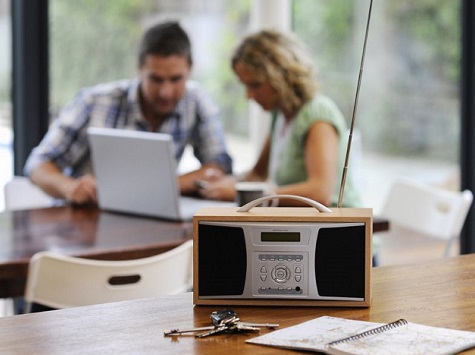The devastating effect that divorce can have on children has been revealed in a major new survey of teens and young adults. The majority reported that their GCSE exam results had suffered as a result of stress due to parental breakup, whilst nearly one in eight turned to drugs or alcohol to cope. With over 100,000 children each year being affected by divorce, parents are urged to consider how their breakup affects their family.
The survey, commissioned by Resolution, a body representing over 6,500 family law professionals in England and Wales, quizzed 14 – 22 year olds about how their parents’ break up had affected them. 65 percent of them said that their GCSE results were affected, whilst 44 percent reported that their A-level results suffered.
Furthermore, 15 percent had to move schools thanks to divorce, which again adversely affected their studies. A quarter said that they had had trouble completing homework and assignments, whilst more than one in ten reported that they had skipped lessons or got into more trouble at school.
16-year-old Molly Baker was seven when her parents decided to split up, but their divorce wasn’t finalised until she was 13. She said: “Having to live between two houses during the week means that often it can be difficult and stressful to remember all of my books and homework, for example, two days in advance.
“The divorce also affected my primary education because I would get taken out of lessons to talk to teachers about how I was feeling or about what was happening now in the proceedings, which meant I missed out on time in class. As I got older, it became easier to focus just on school work and receive the correct support and understanding in secondary education.”
According to the survey, tens of thousands of children may be being placed under enormous pressure by their parents during divorce proceedings, further increasing the stressful nature of the event. It found 32 percent of those surveyed had experienced their parents trying to turn them against the other, whilst more than a quarter said that their parents had involved them in the dispute.
Perhaps unsurprisingly therefore, there is some evidence that divorce may lead to children developing eating disorders, as nearly a third said that a turbulent home life led to them eating more or less than was normal in an effort to cope.
Problems with drink and drugs also played a part: 14 percent said that they started drinking alcohol, or more alcohol than previously, whilst 13 percent admitted to taking or considering taking illegal drugs thanks to their parents separation.
Jo Edwards, Chair of Resolution said: “Each year around 100,000 children under 16 see their parents divorce. Almost half of all break-ups occur when there is at least one child in the relationship, and with 230,000 people in England and Wales going through a divorce each year (and many more separating), this is an issue that affects hundreds of thousands of families in Britain every year.
“These new findings show the wide-ranging impact of divorce and separation on young people. It underlines just how important it is that parents going through a split manage their separation in a way that minimises the stress and impact on the entire family, especially children, otherwise their exam results could suffer. Divorce and separation is always traumatic, but there is a better way to deal with it.
“Therefore it is crucial that couples do everything possible to resolve disagreements in an amicable way that minimises stress on all family members – particularly any children they may have.”

COMMENTS
Please let us know if you're having issues with commenting.